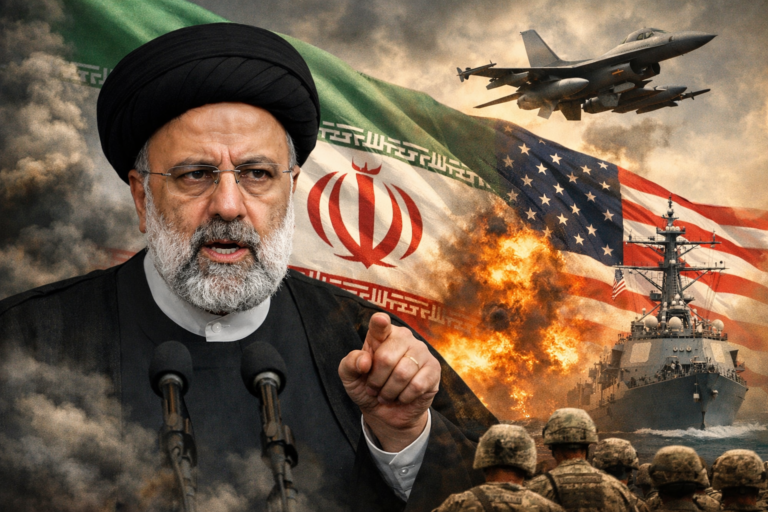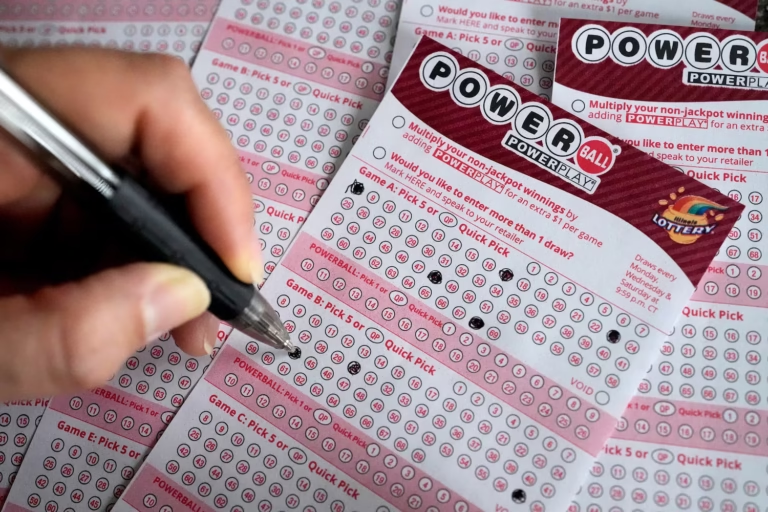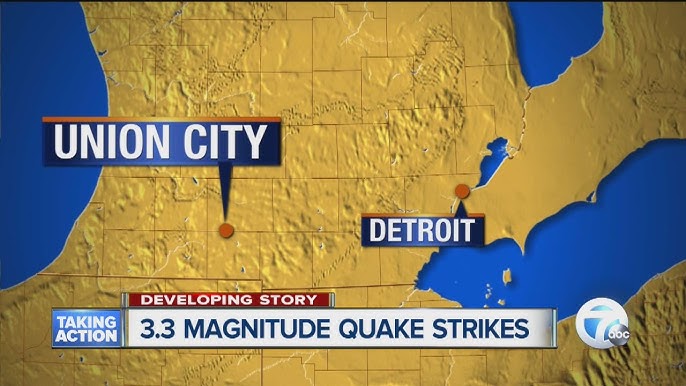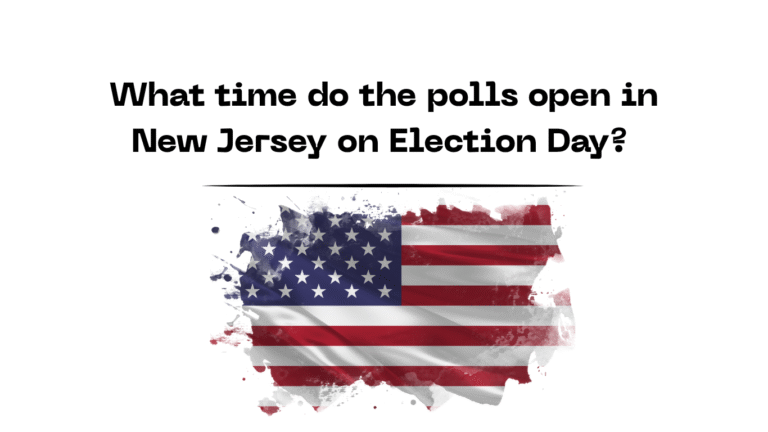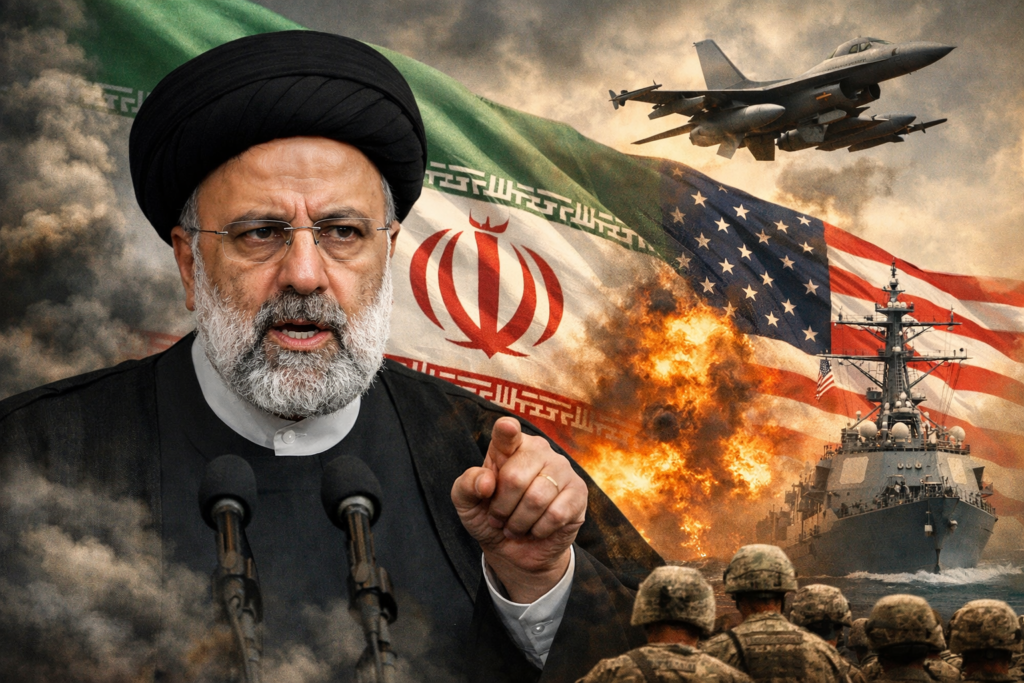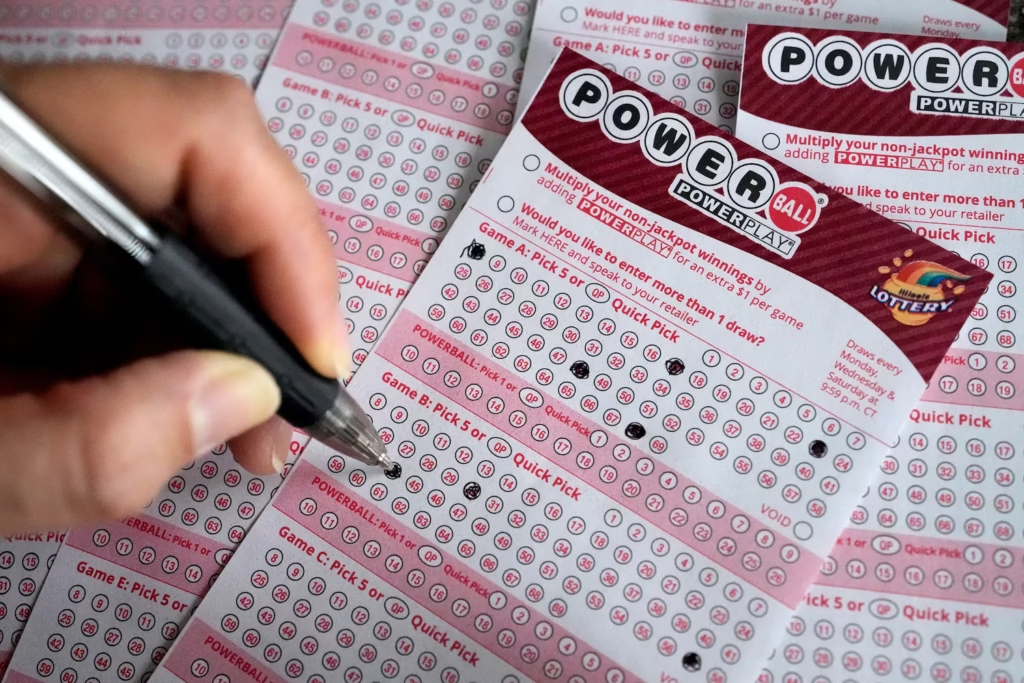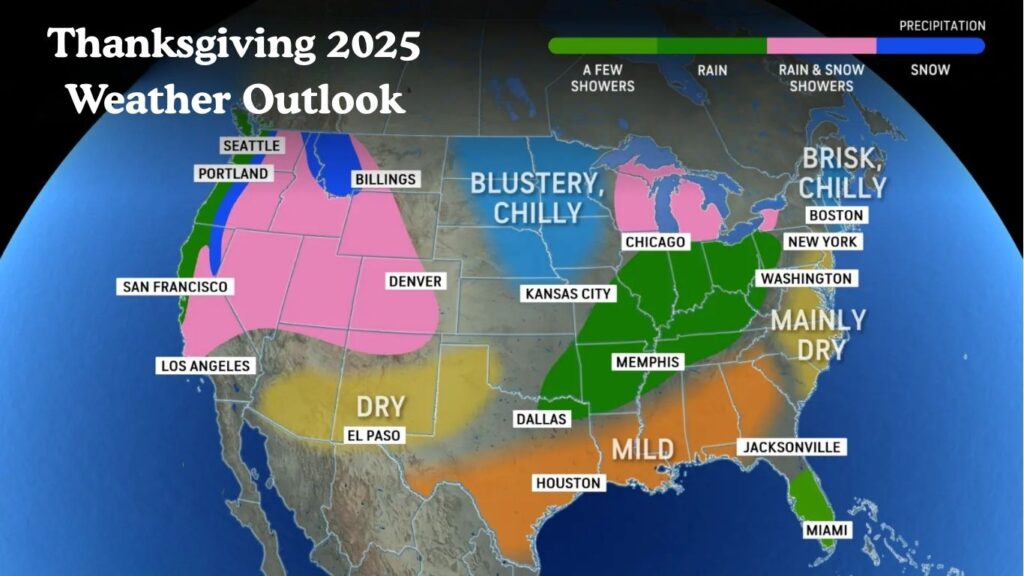Introduction
As the United States prepares to celebrate its 250th birthday in 2026, states are exploring ways to contribute to the nationwide festivities. One such effort is the recently passed Iowa fireworks bill, which has captured public and political attention. The bill aims to standardize fireworks regulations across Iowa, ensuring that every citizen can join in the celebrations on key national dates like July 3, July 4, and December 31.
The Iowa fireworks bill addresses long-standing conflicts between state permissions and local bans, especially in cities like Des Moines, Iowa City, and Cedar Rapids. With this bill, local ordinances cannot restrict the use of fireworks during state-designated celebration days. While the move has been praised for promoting unity and patriotism, it also raises questions about safety, environmental impact, and local autonomy.
What Is the Iowa Fireworks Bill?
The Iowa fireworks bill, officially labeled as Senate File 303, was passed with a 51-39 vote in the House. Its core provision prohibits local governments from banning fireworks on specific dates: July 3, July 4, and December 31. Prior to the bill, municipalities had the authority to impose restrictions, which led to a patchwork of rules that confused residents and often discouraged them from celebrating.
Proponents argue that the Iowa fireworks bill removes unnecessary confusion and sets a clear, statewide precedent. With America’s 250th anniversary around the corner, the bill seeks to provide Iowans the freedom to celebrate in grand style without fearing legal repercussions.

The Timing: America’s 250th Anniversary
The timing of the Iowa fireworks bill is no coincidence. With a milestone anniversary on the horizon, the country is planning yearlong celebrations to honor the founding of the United States. In this context, fireworks become more than just a spectacle, they symbolize freedom, heritage, and national pride.
Iowa plans to host the “Great American State Fair” as part of these celebrations, making the Iowa fireworks bill even more relevant. This legislative move is seen as Iowa’s contribution to unifying national celebrations and boosting patriotic fervor among its residents.
Public Support and Political Backing
Many Republican lawmakers, including Representative Bill Gustoff, have supported the Iowa fireworks bill as a means to encourage communal celebration. Gustoff pointed out that lifting restrictive local ordinances ensures that everyone, regardless of their zip code, has the opportunity to engage in national festivities.
Supporters of the Iowa fireworks bill highlight the principle of equal freedom across all communities. They argue that if the state permits fireworks, then cities and counties should not undermine this liberty with local bans. Uniformity, they believe, reduces confusion and reinforces statewide unity.
The Debate: Public Safety Concerns
Despite widespread support, the Iowa fireworks bill has faced opposition, particularly from Democrats and safety officials. Critics point out that allowing unrestricted fireworks could increase risks, including fires, injuries, and property damage. They cite examples from cities like Cedar Rapids, where fire departments reportedly responded to hundreds of fireworks-related incidents last year.
Senate Minority Leader Janice Weiner and Representative Eric Gjerde have raised concerns about veterans suffering from PTSD, young children, and pets who may be adversely affected by loud explosions. For them, the Iowa fireworks bill prioritizes celebration over safety and wellbeing.
Environmental Impact of Fireworks
Another angle to consider with the Iowa fireworks bill is its environmental impact. Fireworks release pollutants into the air and leave behind chemical residues that can contaminate soil and water sources. Increased use due to relaxed regulations could worsen these environmental issues.
Environmental advocates argue that while the spirit of the Iowa fireworks bill is patriotic, it should be balanced with eco-conscious practices. They suggest alternatives such as drone light shows, which are both visually stunning and environmentally friendly.
The Economic Angle
The Iowa fireworks bill also has economic implications. Retailers stand to benefit from a more extended selling season and increased demand. With clear, consistent rules, businesses can better plan inventory, marketing, and staffing. The bill may also encourage local tourism as people gather for permitted fireworks events.
However, industry insiders have expressed concerns about tariffs on imported fireworks and supply chain issues. For example, some retailers have reported challenges in sourcing products due to international shipping delays and increased costs. Even so, the Iowa fireworks bill provides a foundation for stable market expectations moving forward.
How Local Governments Are Reacting
One of the more contentious aspects of the Iowa fireworks bill is how it limits the powers of local governments. Cities like Des Moines have expressed dissatisfaction, arguing that they are better equipped to handle community-specific concerns. The bill essentially removes their ability to respond to the unique needs of their populations.
City councils and county boards have historically used their autonomy to tailor fireworks rules to their communities. With the Iowa fireworks bill, this authority is overridden, prompting debates about state vs. local control. The outcome of this power shift will likely be watched closely by other states considering similar legislation.
Veterans and Sensitive Populations
The Iowa fireworks bill inadvertently impacts veterans, individuals with autism, and those who experience anxiety from loud noises. Advocates for these groups have voiced concerns that unrestricted fireworks can lead to severe distress. Fireworks have long been known to trigger flashbacks in veterans with PTSD, and the extended use allowed under the new law could amplify those effects.
Supporters of the Iowa fireworks bill acknowledge these concerns but argue that the limited dates outlined in the bill, three days out of the year, provide a reasonable balance between public celebration and individual wellbeing.
Health and Safety Regulations
The Iowa fireworks bill requires that residents comply with existing health and safety regulations when using fireworks. This includes not lighting fireworks under the influence of drugs or alcohol, and maintaining a safe distance from structures and flammable materials.
Enforcement will be critical. Law enforcement and fire departments may need additional resources to manage increased activity around key holidays. Training and public awareness campaigns will be vital to ensuring the safe implementation of the Iowa fireworks bill.
Community Events and Cultural Shifts
The Iowa fireworks bill is expected to inspire more community-organized events. Towns and neighborhoods might host their own fireworks displays, fostering greater community engagement. These events could become new traditions, reinforcing the cultural importance of the 250th anniversary.
In this light, the Iowa fireworks bill is more than just a legal change, it is a cultural shift. It encourages shared celebration, civic pride, and community bonding.
Educational Campaigns and Responsible Usage
To ensure the success of the Iowa fireworks bill, educational campaigns will play a crucial role. Schools, community centers, and local organizations can help spread awareness about the safe and respectful use of fireworks.
Public service announcements, flyers, and social media campaigns can reinforce the message that the Iowa fireworks bill is not a license for recklessness. Instead, it is a structured opportunity to celebrate responsibly.

Legal Ramifications and Enforcement Challenges
Although the Iowa fireworks bill simplifies fireworks laws across the state, it may present enforcement challenges. Officers must distinguish between legal and illegal usage based on dates and times, which still requires public cooperation.
The bill’s success will depend on how well communities adapt to the new norms. A smooth transition will likely influence whether other states adopt similar policies inspired by the Iowa fireworks bill.
A Template for Other States?
The Iowa fireworks bill may serve as a model for other states considering how to navigate national celebrations amid varied local laws. If the bill proves successful in balancing celebration with safety, other states might follow suit in preparation for the 250th anniversary.
The bill’s progression could also impact national discourse on the role of state governance in cultural celebrations. Should it yield positive results, it might spark a trend toward uniformity in other holiday-related legislation.
The Iowa fireworks bill is ultimately about more than fireworks. It represents a spark of unity, an invitation to all Iowans to participate in a shared national moment. As the country looks forward to its 250th year of independence, the bill seeks to ensure that every Iowan can celebrate with pride, joy, and freedom.
While it is not without controversy, the Iowa fireworks bill reflects a growing desire for collective experiences that transcend local boundaries. It reminds us that amid our differences, we can come together to honor the values that define America.
The Iowa fireworks bill:
- Standardizes fireworks laws across Iowa for July 3, July 4, and December 31.
- Supports America’s 250th-anniversary celebrations.
- Has economic, environmental, and public safety implications.
- Raises debates about local autonomy vs. state authority.
- Seeks to unite residents in shared national pride.
As the United States prepares for one of the most significant celebrations in its history, the Iowa fireworks bill sets the stage for how patriotism, policy, and public opinion intersect in shaping the American experience.


